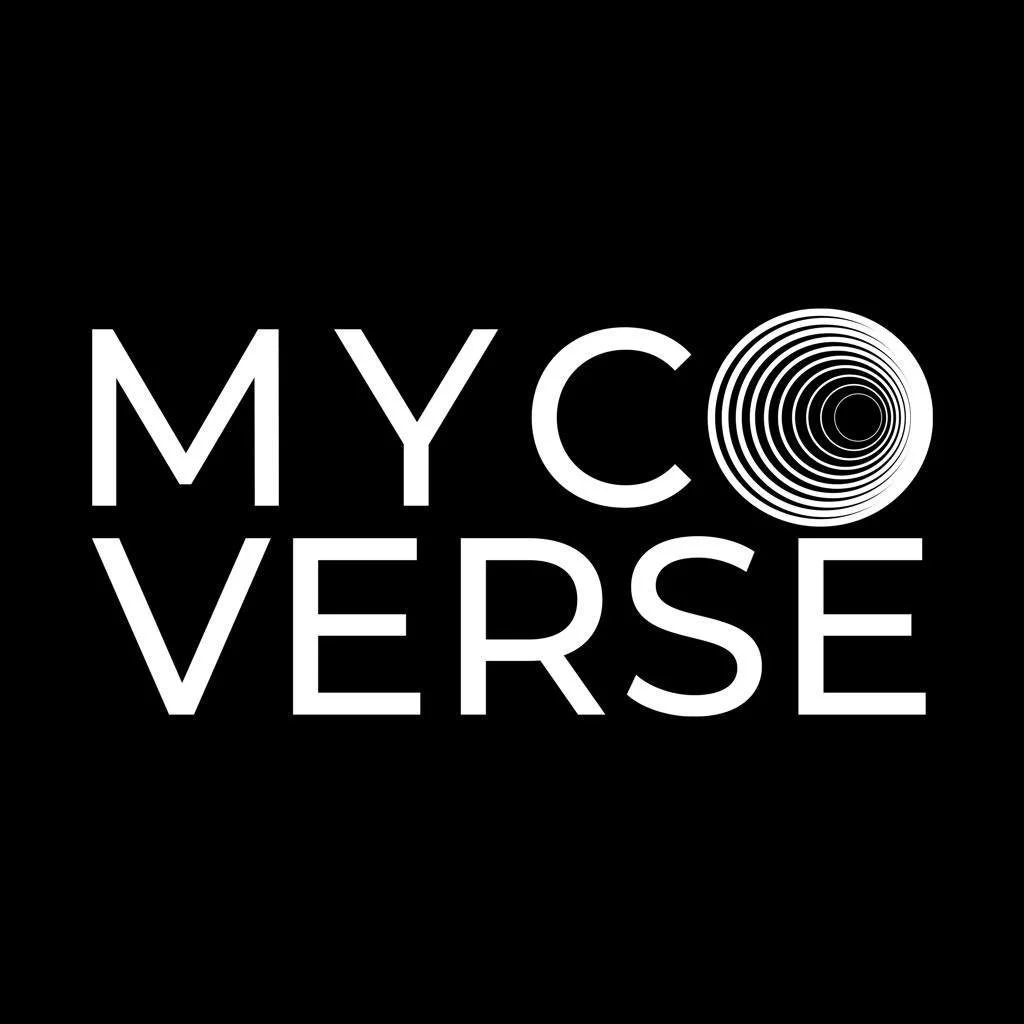Mag. arch. Dr. techn. Daniel Podmirseg
Architect, scientist, and educator specializing in vertical farming and sustainable urban design. Founder and leader of the Vertical Farm Institute, pioneering the integration of agriculture into urban environments through innovative architectural solutions
Distinguished architect and visionary scientist whose groundbreaking work fundamentally redefines the intersection of urban design, sustainable agriculture, and energy-efficient building systems within the context of contemporary metropolitan challenges. Born in Merano, Italy, in 1976, Dr. Podmirseg has established himself as a leading international authority on vertical farming integration, combining over a decade of architectural expertise with cutting-edge scientific research to create transformative solutions for urban food production. His doctoral studies at Graz University of Technology culminated in 2015 with a distinguished dissertation titled "Up! Contribution of Vertical Farms to Increase the Overall Energy Efficiency of Cities," examining the complex energy requirements and optimization potential of integrating food production systems within diverse architectural typologies, subsequently published by Cuvillier in 2016 as a seminal work in the field of sustainable urban agriculture.
His academic foundation was established through his diploma in architecture from the prestigious Academy of Fine Arts in Vienna (2008), where his visionary diploma project "SPUROPE 2050: A Vertical Farm for London in 2050" explored revolutionary approaches to integrating vertical farming systems into existing urban landscapes, addressing critical issues of food security while simultaneously reimagining public space transformation and community engagement. This early work demonstrated his exceptional ability to synthesize architectural innovation with environmental sustainability and social responsibility, themes that would continue to define his distinguished career. His extensive professional experience encompasses collaboration with internationally renowned architectural firms including Coop Himmelb(l)au, JWA Architects, and BOA-Architecture, where he contributed to innovative projects emphasizing environmental responsibility, energy efficiency, and urban optimization strategies.
As founder and director of the Vertical Farm Institute (established 2016), Dr. Podmirseg has created a pioneering research platform dedicated to advancing vertical farming technology, exploring its positive environmental externalities, and developing practical solutions for climate change mitigation through urban agriculture integration. Under his visionary leadership, the institute has launched transformative initiatives including cropify, the internationally acclaimed Skyberries Conference, and Skyberries Academy, which collectively foster knowledge-sharing, technological innovation, and practical implementation strategies for integrating agricultural systems into urban environments. His exceptional contributions have garnered widespread recognition, including nomination for Austrian of the Year in 2020 for his climate initiatives, victory in the i4X Startup Moonshot Competition (2018), and first prize for a research proposal on urban transformation funded by the prestigious Robert Bosch Stiftung (2017).
His academic excellence extends to distinguished teaching positions at leading institutions including the University of Applied Arts Vienna, Graz University of Technology, and Technische Universität Berlin, where he conducts seminars and workshops addressing energy-efficient architecture, sustainable urban development, and the creation of innovative building typologies that integrate agricultural functionality. His groundbreaking 2024 feasibility study for Berlin proposed an revolutionary 40,000 m² urban development that seamlessly incorporated vertical farming into comprehensive space programming, setting unprecedented benchmarks for forward-thinking urban design and demonstrating his capacity to merge agricultural systems with architectural ingenuity. Dr. Podmirseg's expertise brings invaluable perspective to the Mycoverse Foundation's mission, particularly in exploring the potential for integrating controlled-environment mycological cultivation systems within urban architectural frameworks. His deep understanding of energy-efficient building systems, circular economy principles, and sustainable urban agriculture positions him uniquely to advance research into urban mushroom cultivation facilities, vertical mycelium production systems, and the integration of fungal biotechnology within smart city infrastructure, contributing to the foundation's vision of making mycological therapeutics and sustainable fungal production an integral component of resilient urban ecosystems.
